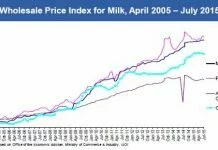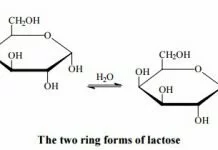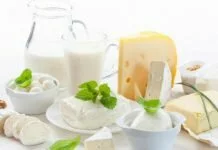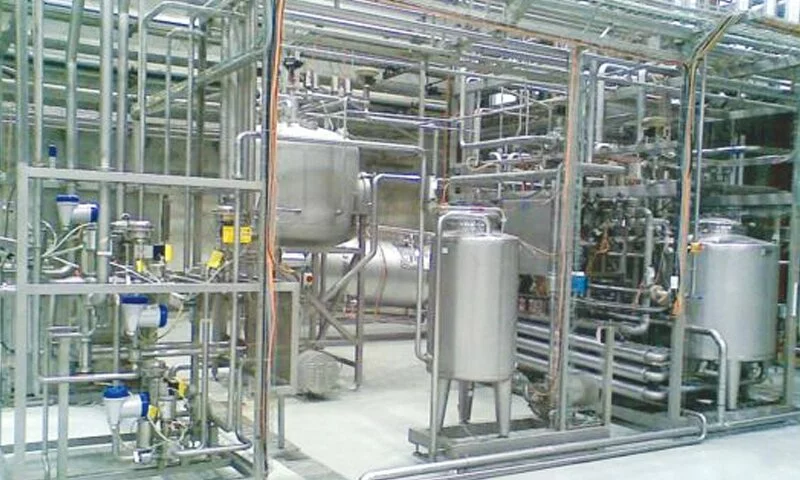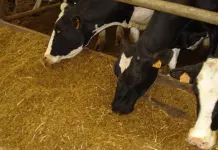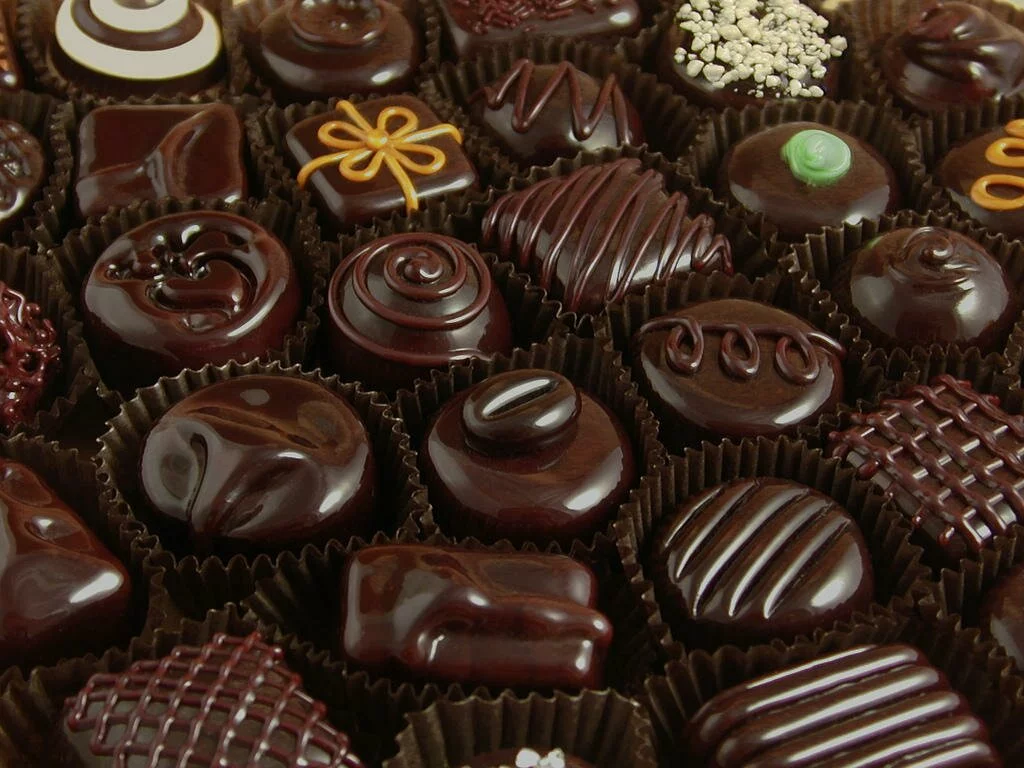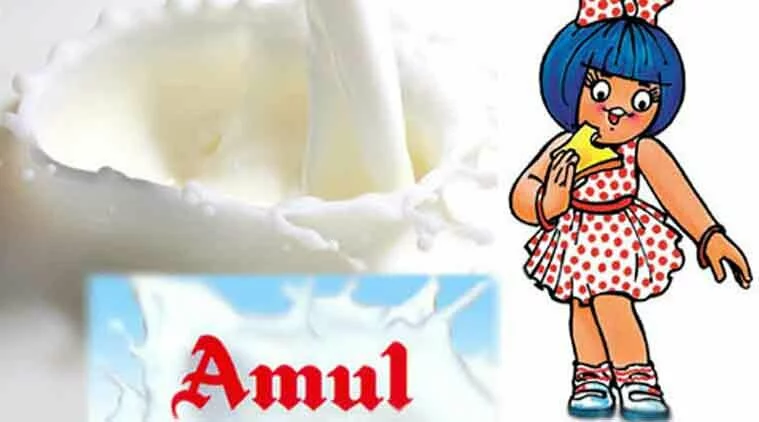Source: business-standard.com
Though the festival of lights, Diwali is synonymous with sweets, but fear of spurious ingredients being used in their preparation to meet the festive demand is keeping consumers at bay. Biscuits industry is in a merry mood as there is more demand for them as compared to juices and chocolates, says a just-concluded analysis by ASSOCHAM.
There is a considerable rise of about 30 percent in demand for assorted cookies, low-cal premium biscuits and bakery products this Diwali as consumers shift away from sweets amid fears of adulteration.
“Growing suspicion about adulteration together with rise in preference for healthy and low-fat products has hit the demand for traditional sweets which has fallen by over 50 per cent especially those made from milk,” said ASSOCHAM General Secretary, D.S. Rawat.
“The Rs 25,000 crore worth biscuit industry in India is making merry this festive season and its business is likely to grow by leaps and bounds this Diwali owing to multiple factors like attractive packaging in different shapes, sizes and flavours, quality control, longer shelf life and others,” said Rawat.
“Considering there is an emotional value attached to traditional sweets, branded sweets market is doing a brisk business,” he added.
India’s traditional sweets market which is worth over Rs 50,000 crore remains largely unorganized and constantly faces threats from rising prices of key raw materials like milk, butter, sugar and dry fruits, therefore, many resort to the use of inferior or adulterated ingredients and in some cases, they may even use chemicals to keep the costs down.
Biscuit hampers are selling like hot cakes and have even surpassed demand for chocolates and fruit juice packs owing to their growing acceptance amid varied Indian palates and are affordable, highlighted the analysis done by the ASSOCHAM Social Development Foundation.
Majority of sweet shop owners/representatives reported drastic dip in demand for sweets to the extent of about 25 to 50 percent.
Most of the sweet shop owners said they have started using more of dry fruits and less of mawa and other dairy products which has increased their costs by about 15 to 20 percent.
Some of them said there is more demand for branded biscuits compared to chocolates this year.
Comments
comments

















